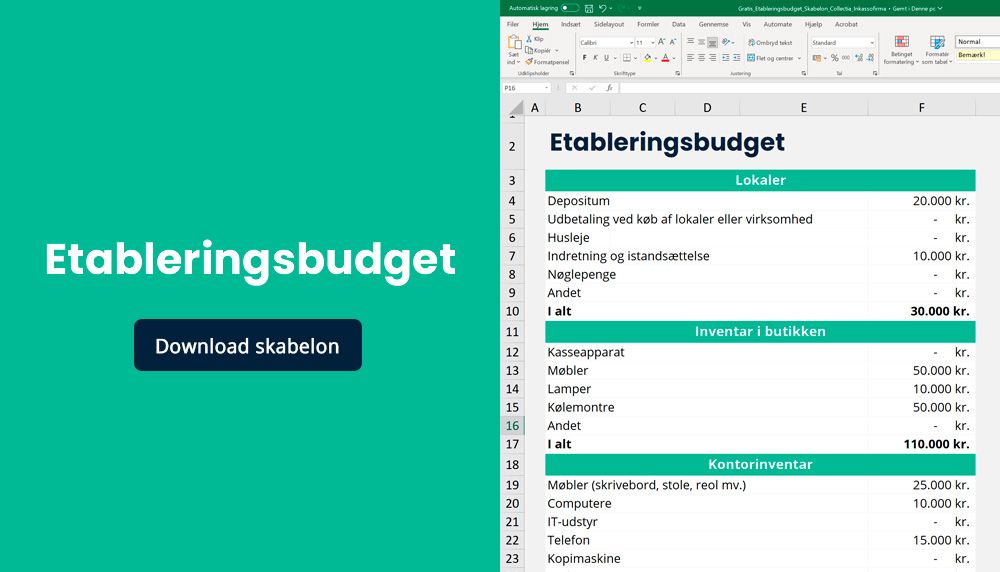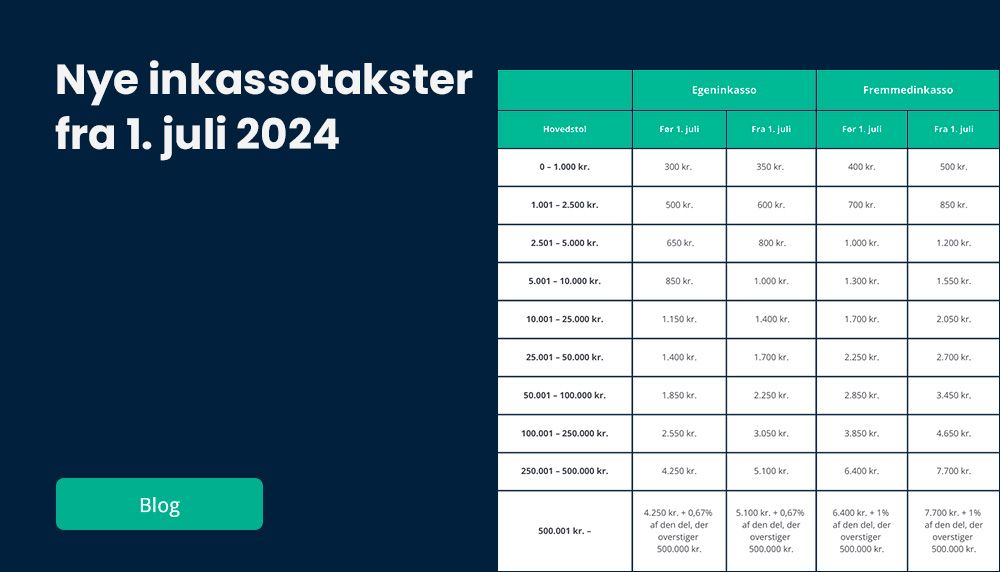
Acceptance period
An acceptance deadline indicates the time by which you, as the recipient of an offer, must have accepted it. If the offer is not accepted within the deadline, it is considered a rejection and the supplier is no longer legally bound by the offer. When the offer is accepted within the deadline, it is binding. The acceptance deadline may be set according to section 2 of the Danish Contracts Act. You can read more about this in the Contract Act.
Why do you work with acceptance deadlines?
Many companies use acceptance deadlines in their quotes, estimates or other contract documents for good reasons. An acceptance deadline forces the customer to make a quick decision and helps the company plan resource consumption, material purchases, etc. In addition, acceptance deadlines are advantageous when the offer depends on variable factors such as material prices and interest rates that can change costs and thus affect the profitability of an order.
When is an agreement binding on the parties?
In principle, a contract is binding when an offer has been sent to a customer and the customer accepts it before the acceptance deadline expires. If a recipient does not respond until after the deadline, the supplier or tenderer is not legally obliged to honor the offer. In practice, however, many tenderers choose to comply with the offer, but they are not legally obligated to do so.
Legal acceptance period
In legal terms, the term "legal acceptance period" is used when no specific acceptance period is stated on an offer. For many offers, no acceptance period is specified and it is up to the recipient to decide when to accept the offer. This type of acceptance period is regulated by section 3 of the Danish Contracts Act, which deals with:
- Shipping time of the offer
- The reasonable reflection period
- Shipping time for the response
In modern communication where phone, text or email is used, the reasonable cooling-off period is particularly relevant. This varies depending on what is being purchased. For goods such as securities, where prices can fluctuate rapidly, the reasonable cooling-off period is similarly short. If an offer is made orally, section 3(2) of the Contracts Act states that it must be accepted immediately.











